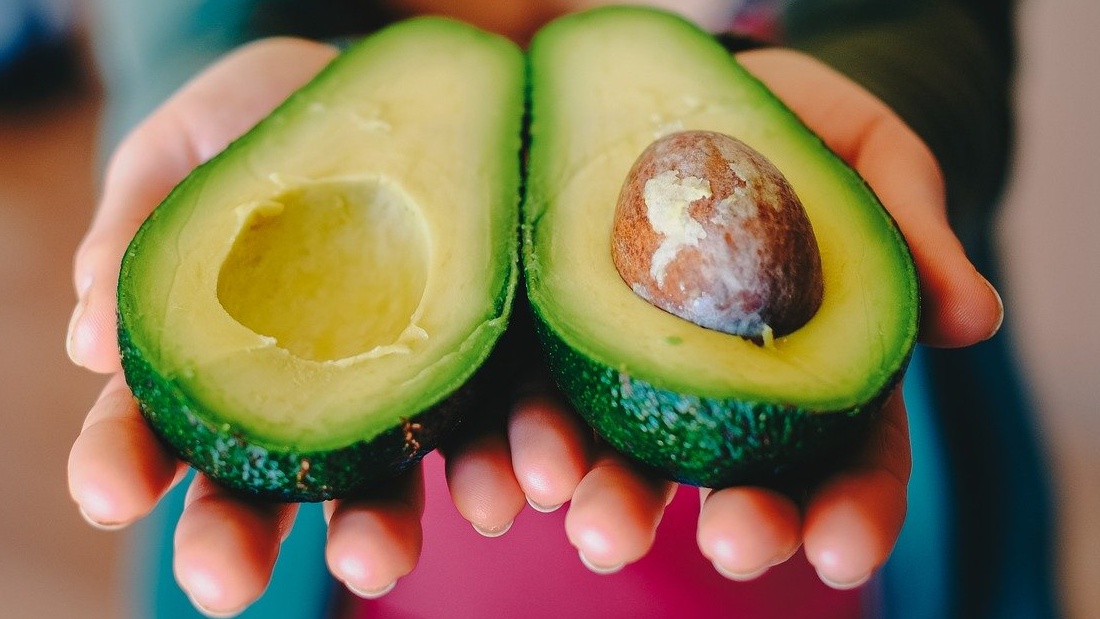Fat: A-Z of Nutrients

How much do you need daily?
Current guidelines say that our ‘total fat’ intake should make up no more than a third (33 per cent) of our daily energy intake from food, saturated fats no more than 11 per cent, monounsaturated fats an average of 13 per cent, polyunsaturated fats 6.5 per cent and trans fats no more than two per cent.
Visit the A-Z of Nutrients to read about recommended daily doses.
Are we getting enough?
The UK National Diet and Nutrition Survey found that most of us eat too much saturated fat – about 12.6 per cent of our food energy. Viva!Health recommends avoiding saturated and trans fats as much as possible, which means cutting out animal foods and limiting processed foods – you are much better off without them.
Why do we need it?
Fat is necessary for many body functions, it helps the body to absorb fat-soluble vitamins (A, D, E and K) from the diet, provides energy and insulation, protects the body’s vital organs and acts as a shock absorber.
Fat is the most energy dense of all the main nutrients. It contains more than twice as many calories (kilocalories) weight-for-weight as protein or carbohydrate. That’s why it’s a good source of energy, both for immediate use and in the storage form for use when food is scarce.
Plants tend to store their fats in seeds (such as nuts, seeds, soya beans and corn), and sometimes in the fleshy layer protecting the seed inside (eg avocados, olives and coconuts). Animals mostly store fat within their muscles (commonly called marbling fat), between their muscles, under the skin and around the organs.
Not all fat is the same though!
There are two categories of fat based on their chemical structure:
- Saturated fat:
- Saturated fat is something we don’t need in the diet (there’s no recommended daily intake) as our bodies can make it. Diets high in saturated fat raise blood cholesterol levels and increase the risk of heart disease, stroke, obesity, type 2 diabetes and some cancers. Saturated fat has 10 times the cholesterol-raising power of dietary cholesterol
- The main sources of saturated fat are animal products (meat, eggs, dairy, pies, pastries, processed foods and fatty spreads), coconut oil and palm fat. Saturated fats are usually solid at room temperature.
- Unsaturated fat:
- Some types of unsaturated fats are essential for us, which means they have to be a part of the diet because the human body cannot make them. An unsaturated fat has at least one double bond in its chemical structure. Based on how many of these double bonds a fat molecule contains, it is either monounsaturated (one double bond) or polyunsaturated(more than one double bond).
- Depending on their structure, polyunsaturated fats can be omega-3 fats, omega-6 fats or omega-9 fats. The essential fats (fatty acids) we need in our diet are both from the polyunsaturated group:
- Linoleic acid (LA) – omega-6 fat: found in seeds, nuts, corn, soya oils etc and can be converted into other important omega-6 fatty acids in the body
- Alpha-linolenic acid (ALA) – omega-3 fat: can be obtained from flaxseed/linseed – (this is the richest source by far), walnuts, hempseed, rapeseed oil, soya beans and green leafy vegetables (although vegetables are generally very low in fat so the amount of omega-3 fats in leafy vegetables is small)
The body converts ALA from the diet to other omega-3 fats – EPA and DHA – which are required for healthy brain function. These can also be obtained directly from some species of algae and some companies sell vegan, algae-based omega-3 supplements.
Continue reading this article on the A-Z of Nutrients.